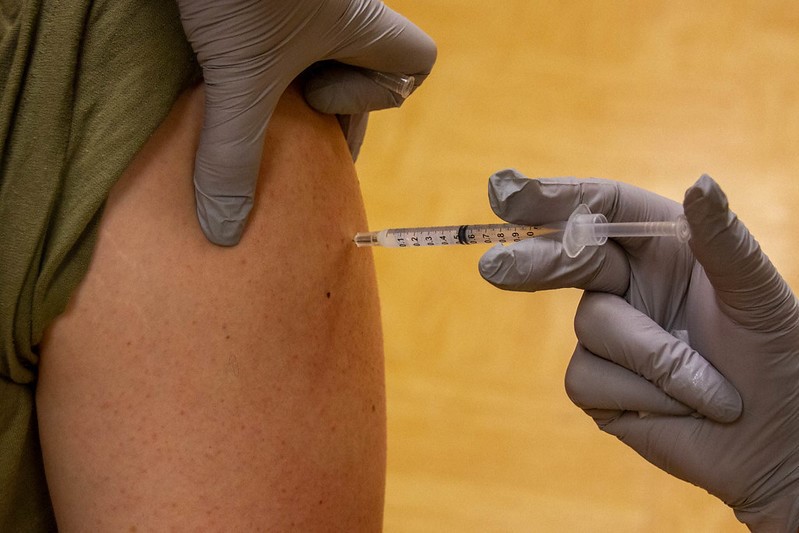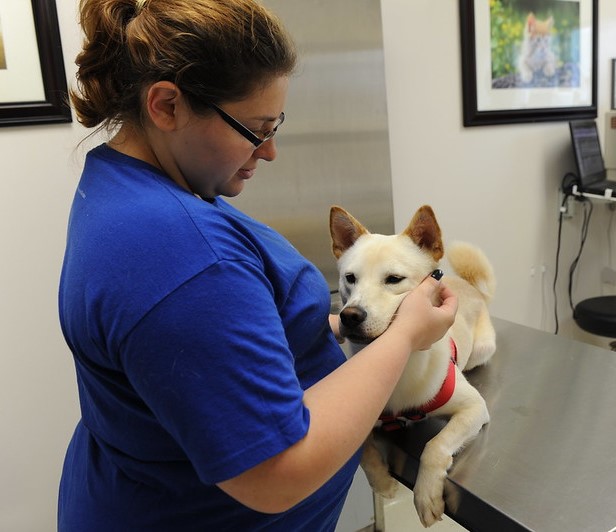In a new update on Equatorial Guinea's Marburg virus outbreak, the World Health Organization (WHO) said the outbreak has expanded to a fourth province and noted that epidemiologic links aren't clear for patients in multiple areas, which could be fueling undetected transmission chains.
The country's health ministry has picked up the pace with posting outbreak updates, and last week it put the number of confirmed cases at 15, of which 11 were fatal. Earlier in the outbreak, 20 probable cases were reported, all fatal. The WHO's new update said 3 more probable cases have been reported, all fatal. The case-fatality rate among the confirmed cases is 78.6%, though the WHO said the outcome for one isn't known.
Four of the lab-confirmed cases involve healthcare workers, two of whom died from their infections.
Of the 15 confirmed cases, 9—including the most recent case—are from Bata, Equatorial Guinea's most populated city and home to a port and international airport. In the most recent case from Bata, reported on Apr 7, an investigation is under way to determine transmission links and identify contacts.
The newly affected province is Wele-Nzas in the southeast corner of the country on the border with Gabon.
Several outbreak challenges
Equatorial Guinea is facing several challenges with the outbreak, its first involving Marburg virus. Cases in Bata raise the risk of further spread, infection prevention and control measures are insufficient, and diagnostic capacity to test samples is limited. The WHO also noted that the public's risk perception regarding the virus is low and that frequent population movements are common, with porous land borders with Cameroon and Gabon.
Marburg virus is similar to Ebola virus and spreads similarly, through contact with an infected patient's body fluids. There are no approved treatments or vaccines. The WHO said remdesivir is being used on a compassionate basis and other treatments are under evaluation.
 The investigational metabolic modulator AXA1125 was associated with significantly less physical and cognitive fatigue compared with a placebo in long-COVID patients, according to a small randomized, controlled phase 2 pilot
The investigational metabolic modulator AXA1125 was associated with significantly less physical and cognitive fatigue compared with a placebo in long-COVID patients, according to a small randomized, controlled phase 2 pilot 

 An
An 










